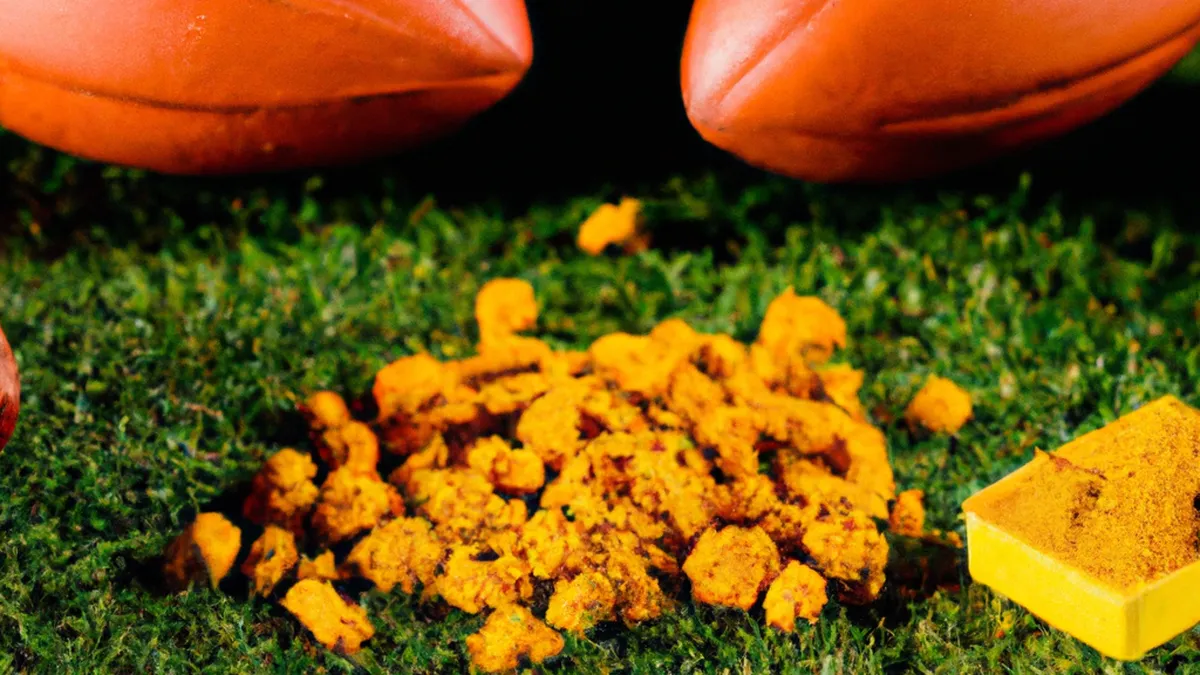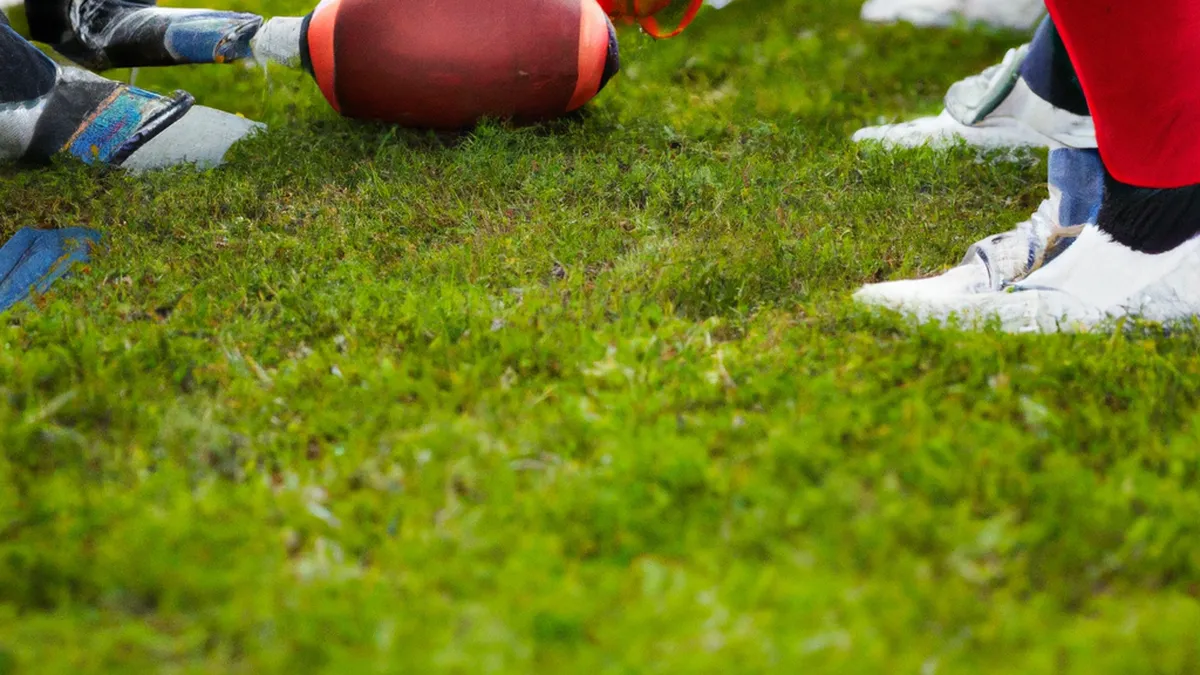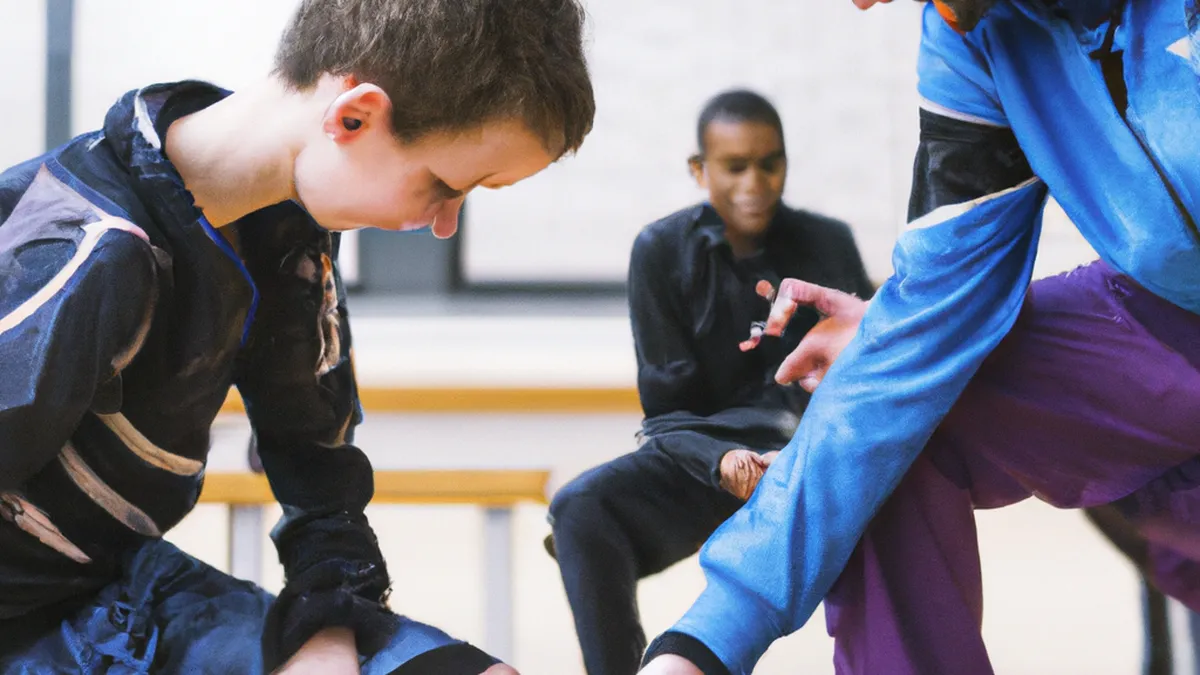Snooze Your Way to Stronger Workouts
Sleep’s Impact on Fitness PerformanceMany athletes overlook sleep in their fitness routines. They prioritize training, nutrition, and supplements but often neglect sleep. Adequate sleep boosts physical health, performance, recovery, and overall well-being. This blog explores the science of sleep, its effects on performance, and tips for improving sleep quality.
The Science of Sleep and Recovery
Sleep involves complex physiological processes vital for recovery and performance. During sleep, the body engages in essential restorative processes.
Muscle Repair and Growth
Sleep primarily aids muscle repair. During deep sleep, growth hormone promotes tissue growth and recovery. Athletes need this for muscle recovery after training and competitions. Insufficient deep sleep leads to prolonged soreness, higher injury risk, and slower recovery.
Hormonal Regulation
Sleep regulates hormones that control appetite, stress, and energy levels. Compromised sleep raises cortisol levels. High cortisol hampers recovery, increases fat storage, and decreases muscle mass. Additionally, inadequate sleep disrupts leptin and ghrelin production, leading to poor dietary choices and performance impacts.
Sleep Stages and Their Importance
As an Amazon Associate I earn from qualifying purchases.
Gear tip: consider sleep mask, white noise machine, and blue light blocking glasses to support this topic.
Athletes should understand sleep stages to maximize recovery and performance. Sleep includes light sleep, deep sleep, and REM (rapid eye movement) sleep, each serving a unique role.1. **Light Sleep**: This stage accounts for about 50% of total sleep time. It prepares the body for deeper sleep and aids relaxation and cognitive functions.2. **Deep Sleep**: Also known as slow-wave sleep, this stage hosts restorative processes. Blood flow increases to muscles, tissue repairs occur, and energy restores. Deep sleep is crucial for athletes due to its impact on recovery.3. **REM Sleep**: This stage enhances cognitive functions like memory, learning, and emotional regulation. The brain processes daily information, consolidating memories and improving clarity. Better cognitive function helps athletes make decisions and focus during competitions.Quality sleep across these stages is essential for peak performance and health.
The Consequences of Sleep Deprivation
Sleep deprivation severely impacts athletes. Studies show one night of poor sleep can impair performance.
Conclusion
In summary, sleep significantly affects athletic performance. Prioritizing sleep can lead to better recovery and improved results.
Below are related products based on this post:
FAQ
Why is sleep important for athletes?
Sleep is crucial for athletes as it boosts physical health, performance, recovery, and overall well-being. Adequate sleep allows for essential restorative processes that enhance muscle repair and hormonal regulation, which are vital for optimal performance.
How does sleep affect muscle recovery?
During deep sleep, the body releases growth hormone, which promotes muscle repair and tissue growth. Insufficient deep sleep can lead to prolonged soreness, a higher risk of injury, and slower recovery times after training and competitions.
What happens when athletes experience sleep deprivation?
Sleep deprivation can severely impair athletic performance, as studies indicate that even one night of poor sleep can negatively affect physical capabilities. Athletes may experience decreased cognitive functions, slower reactions, and poorer decision-making during competitions.















Post Comment